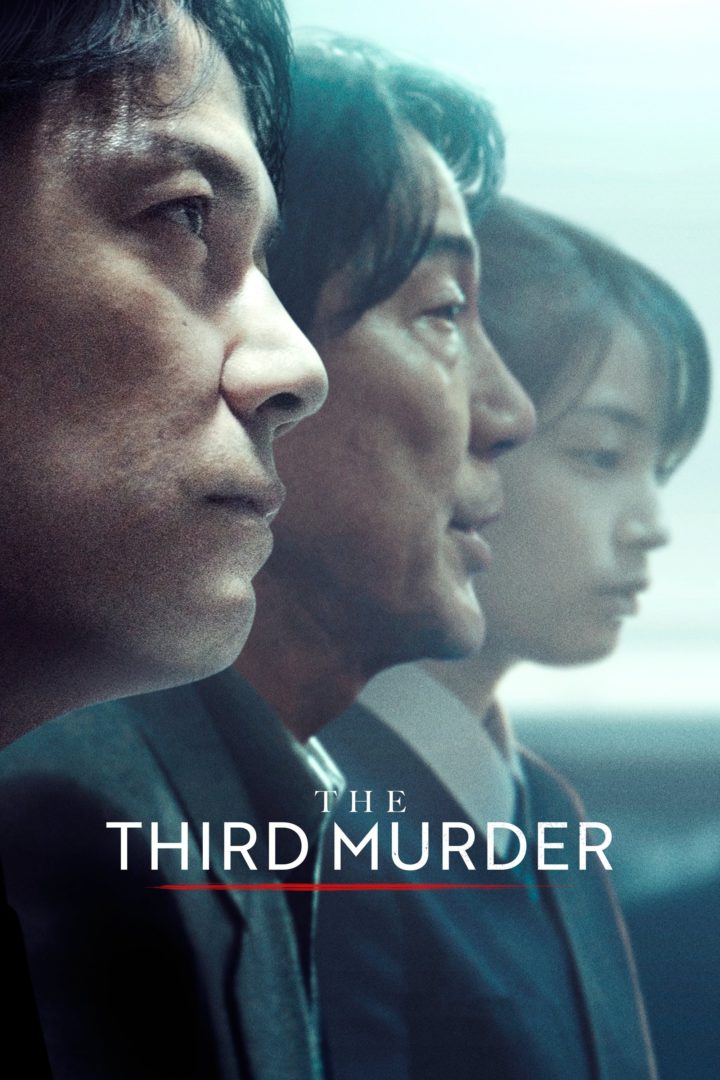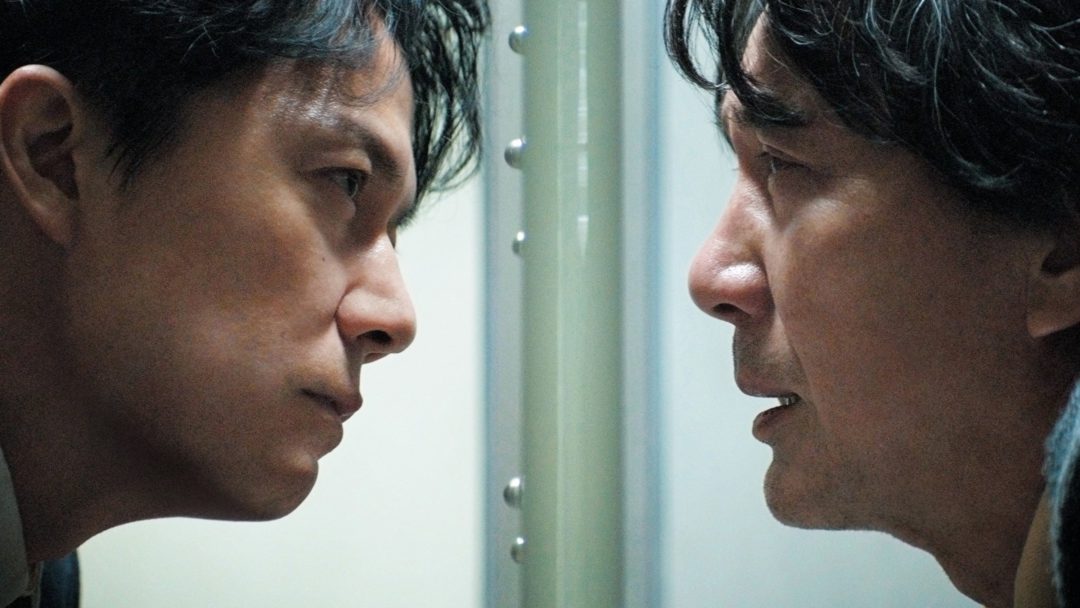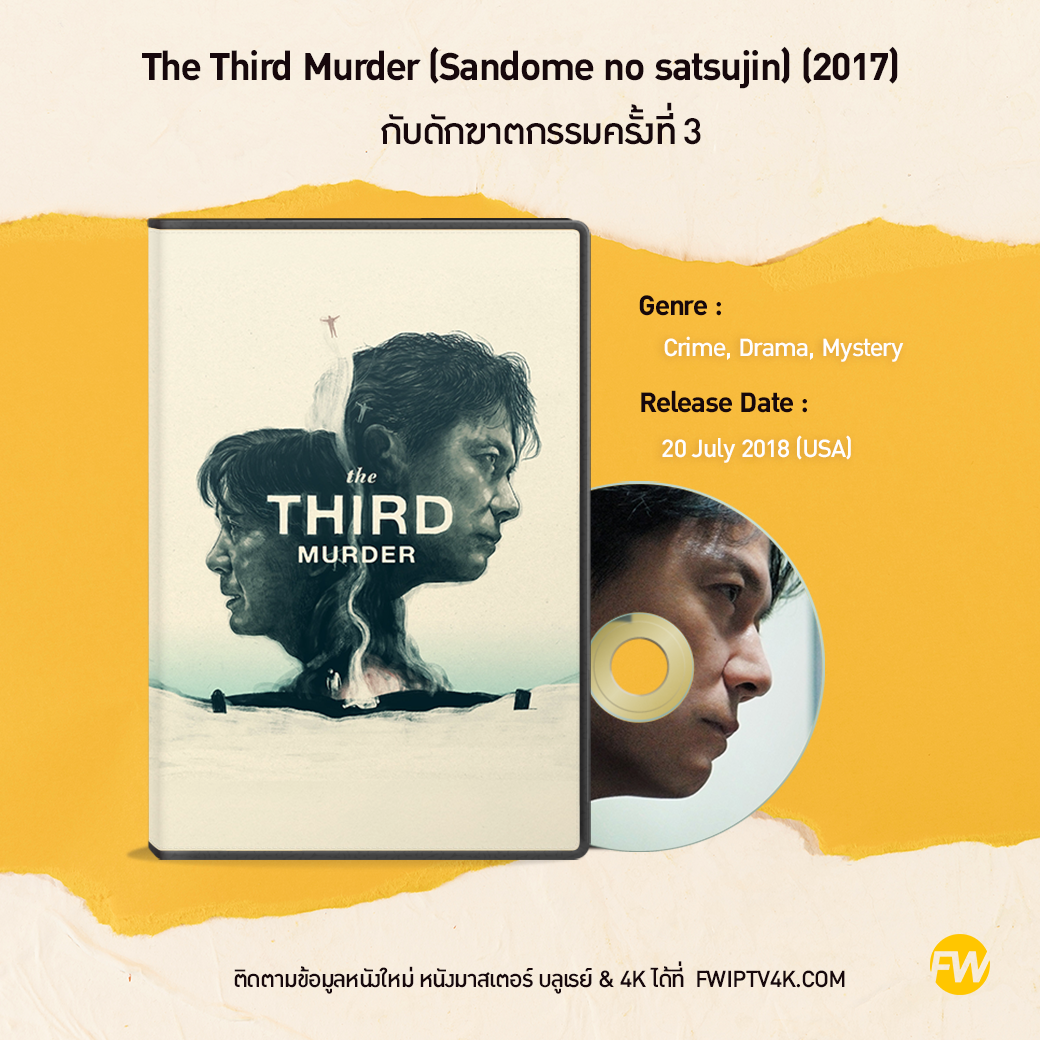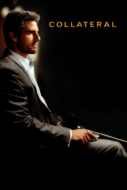
The Third Murder (Sandome no satsujin) กับดักฆาตกรรมครั้งที่ 3 (2017)
The Third Murder (2017)
Sandome no satsujin (original title)
Not Rated | 2h 4min | Crime, Drama, Mystery | 20 July 2018 (USA)
https://www.imdb.com/title/tt6410564/
Director: Hirokazu Koreeda
Writer: Hirokazu Koreeda
Stars: Masaharu Fukuyama, Kôji Yakusho, Shinnosuke Mitsushima
เรื่องราวเกี่ยวกับการฆ่าแล้วเผาเจ้าของโรงงานอาหารกระป๋องบริเวณริมแม่น้ำรกร้าง โดย มิคุมะ (โคจิ ยากุโช) เป็นผู้ต้องหาที่เต็มใจสารภาพว่าตัวเองเป็นคนลงมือ จึงถูกตัดสินจำคุกตลอดชีวิตในที่สุด คดีนี้ทำให้ ชิเงโมริ (มาซาฮารุ ฟุกุยามะ) หัวหน้าทีมทนายความฝ่ายผู้ต้องหา ต้องเข้ามาเป็นตัวแทนต่อสู้และช่วยเหลือเพื่อสิทธิของ มิคุมะ โดย ชิเงโมริ ทำหน้าที่คอยสืบสาวและเก็บข้อมูลจากเบาะแสต่าง ๆ เรื่องคงง่ายหากผู้ต้องหาให้ความร่วมมือและสารภาพอย่างซื่อตรง แต่เขากลับเปลี่ยนคำให้การไปเรื่อย ๆ มิหนำซ้ำเบาะแสที่พบยังมีร่องรอยความไม่ชอบมาพากล โดยเฉพาะคำให้การของ ซากิเอะ (ซึสุ ฮิโรเสะ) ลูกสาวของเหยื่อผู้เสียชีวิต ที่อาจเข้ามาทำให้สถานการณ์พลิกผัน


ดูหนังออนไลน์ ปลอดภัย ไร้โฆษณาบัง ไม่เสี่ยงโดนไวรัสจากเว็ปไซต์
ดูหนังบลูเรย์ ดูหนัง4K FWIPTV หนังคม ชัด เสียง MASTER HD, DTS 5.1, 7.1

ดูหนังบลูเรย์ หนัง 4K หนัง FULL HD
The Third Murder (三度目の殺人, Sandome no Satsujin) is a 2017 Japanese legal thriller film edited, written, and directed by Hirokazu Kore-eda. It was screened in the main competition section of the 74th Venice International Film Festival.
Tomoaki Shigemori is a lawyer tasked with defending a client (Misumi), who faces the death penalty if found guilty, in a murder trial. Misumi has previous convictions for murder and has confessed to the crime, but evidence in the case leads to Shigemori having doubts about what really happened.
Hirokazu Kore-eda was inspired to write a courtroom thriller after conversing with his friend, a lawyer, about the latter’s experiences in court. Kore-eda learned that there’s a gap between the Japanese people’s perception of the court as a space where people aim for the truth, and what it actually is: a space for lawyers “to make adjustments to the conflict [of] interest.” Kore-eda based the background of his script on the speculation of “what would happen if a lawyer really started wanting to know the truth?”
During the development process, writing the script was the hardest part for Kore-eda to tackle, due to his unfamiliarity with how lawyers worked in the justice system. He brought together seven lawyers over several months to stage mock trials and mock interviews of a criminal, while he took notes on their language and thought processes.
Besides the subject matter, another departure for Kore-eda was the film’s use of the Cinemascope format, which he had not employed in his previous films.









